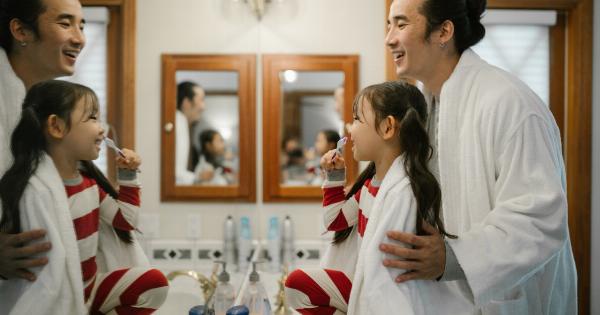Language is a powerful tool that shapes our relationships in profound ways. From expressing our emotions, thoughts, and desires to connecting with others on a deeper level, the words we use have a significant impact on how we relate to one another.
In this article, we will explore the remarkable influence language has on our relationships, specifically focusing on the spectrum that ranges from curse words to compliments. Understanding this linguistic spectrum and mastering effective communication techniques can enhance our connections with others, leading to more fulfilling relationships.
The Power of Words
Words have the power to evoke strong emotions, whether positive or negative. A single word can make someone feel cherished, loved, and respected, while another word can leave scars that last a lifetime.
The way we choose to communicate with others can determine the trajectory of our relationships. Let’s delve into the two ends of the language spectrum and examine how they impact our connections.
Curse Words: Breaking Down Barriers
Swear words, also known as curse words or profanities, are often associated with expressing anger, frustration, or intensity.
While using curse words may seem like an effective way to release tension or convey strong emotions, they can often have an adverse effect on our relationships. Curse words can create barriers between individuals, promoting animosity rather than understanding. The use of curse words can lead to escalated conflict, hurt feelings, and deteriorating bonds.
When we resort to curse words, we are often acting on impulse, allowing our emotions to guide our speech. However, using curse words regularly can desensitize both the speaker and the listener, reducing the authenticity and power of communication.
Additionally, curse words can perpetuate a negative cycle, reinforcing negative emotions and preventing the resolution of issues. It is essential to recognize the impact of curse words on our relationships and strive for healthier forms of expression.
Building Bridges: The Power of Compliments
On the other end of the linguistic spectrum, compliments have the ability to build bridges and strengthen our relationships. A well-timed and sincere compliment can make someone feel appreciated, valued, and understood.
Compliments have the power to create positive emotional connections, fostering healthy and supportive relationships.
When we express compliments, we not only uplift the person receiving them but also contribute to a positive atmosphere in our relationships.
A genuine compliment can improve trust, deepen connection, and inspire reciprocation, leading to a cycle of positivity and mutual admiration. By incorporating more compliments into our daily interactions, we can transform the dynamics of our relationships and nurture a happier, more fulfilling social environment.
Mastering Effective Communication
In addition to understanding the influence of curse words and compliments, mastering effective communication techniques is crucial for building stronger relationships. Here are some tips to enhance your communication skills:.
1. Active Listening
Actively listen to the person you are conversing with, giving them your undivided attention. This shows respect and validates their feelings and concerns. Avoid interrupting and try to understand their perspective before responding.
2. Empathy and Understanding
Put yourself in the other person’s shoes and try to understand their emotions and experiences. Empathy fosters connection and encourages open communication. Acknowledge their feelings, even if you may disagree with their viewpoint.
3. Use “I” Statements
When expressing your thoughts or concerns, use “I” statements to avoid sounding accusatory or confrontational. For example, say “I feel hurt when…” instead of “You always make me feel…”.
4. Respectful Language
Choose your words carefully, ensuring they are respectful and considerate. Avoid using derogatory language or sarcasm, as this can damage trust and create distance in relationships.
5. Give Constructive Feedback
When providing feedback, focus on offering constructive criticism rather than attacking the person. Frame your feedback in a way that shows your belief in their ability to improve and grow, fostering mutual respect.
6. Active Body Language
Alongside verbal communication, non-verbal cues also play a significant role in effective communication. Maintain eye contact, use open gestures, and exhibit active body language to show attentiveness and engagement.
Conclusion
Language is a cornerstone of human connection. Our choice of words can either bridge the gap or create barriers in our relationships.
Understanding the impact of curse words and compliments on our connections allows us to recalibrate our communication patterns. By mastering effective communication techniques, such as active listening, empathy, and respectful language, we can forge stronger bonds and create a more harmonious social environment.
Remember, each word carries weight, so choose them wisely and cultivate healthy, fulfilling relationships through the power of language.





























